Does Ketchup Have Gluten
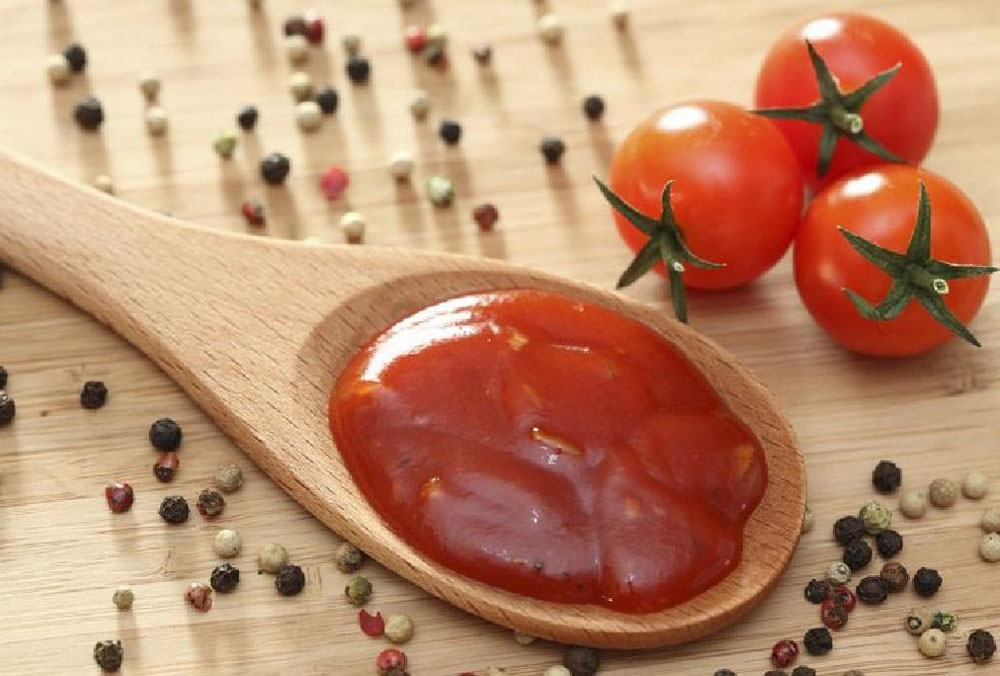
Introduction: Unraveling the Gluten Mystery in Ketchup
Ketchup is a ubiquitous staple in kitchens and restaurants worldwide. It adds a burst of flavor to everything from french fries and burgers to eggs and grilled meats. However, for individuals with gluten sensitivities or celiac disease, the question of whether ketchup contains gluten isn’t a mere curiosity—it’s a matter of health. As the demand for gluten-free products grows, understanding the potential gluten risks in seemingly innocent condiments, like ketchup, has become increasingly important. This article explores the gluten content in ketchup, providing clarity and guidance for those who need to avoid gluten in their diet.
What Is Gluten?
Understanding the Protein That Affects Millions
Gluten is a group of proteins primarily found in wheat, barley, rye, and oats. It acts as a binder that gives dough its elasticity and helps it rise and maintain its shape during baking. In many ways, gluten is the secret ingredient that makes bread chewy and pizza crusts perfectly crisp. But for millions around the world, it’s a source of health problems, ranging from mild discomfort to serious digestive issues.
The Role of Gluten in Food Production
Beyond its structural role in baking, gluten is often used as a stabilizing agent in processed foods. It can be found in a variety of products, from sauces and soups to packaged meats and salad dressings. Because it plays such a critical role in the food industry, it’s essential to know which products contain gluten—especially when they may not be immediately obvious.
The Origins of Gluten: Found in Wheat, Barley, Rye, and Oats
The primary grains that contain gluten include wheat, barley, and rye, with oats sometimes being cross-contaminated with gluten during processing. This is why individuals with celiac disease or gluten sensitivities must avoid foods made from these grains or foods that might have been exposed to them through cross-contact. Understanding the origin of gluten is key to making informed dietary decisions.
Gluten Sensitivity and Celiac Disease
Defining Gluten Sensitivity: More Than Just Discomfort
Gluten sensitivity, or non-celiac gluten sensitivity (NCGS), is a condition where individuals experience symptoms like bloating, gas, abdominal pain, and fatigue after consuming gluten. Unlike celiac disease, gluten sensitivity does not cause damage to the small intestine, but it can still result in discomfort and negatively impact quality of life.
What Happens When Someone With Celiac Disease Eats Gluten?
Celiac disease is a serious autoimmune disorder that affects the digestive system. When someone with celiac disease consumes gluten, their immune system attacks the lining of the small intestine, leading to inflammation and long-term damage. This damage can impair nutrient absorption and lead to a host of additional complications, including malnutrition and a weakened immune system. For people with celiac disease, even tiny amounts of gluten can be harmful.
The Difference Between Gluten Intolerance and Celiac Disease
While both conditions involve an adverse reaction to gluten, there are important differences between gluten intolerance and celiac disease. Gluten intolerance typically results in digestive distress but does not cause the immune system to attack the small intestine. Celiac disease, on the other hand, is an autoimmune disorder that results in intestinal damage and other severe health consequences. Understanding these distinctions is critical in determining the level of caution needed when selecting gluten-free foods.
Symptoms of Gluten Intolerance and Celiac Disease
Symptoms of gluten intolerance can include bloating, stomach cramps, fatigue, and joint pain. Celiac disease, however, can lead to more severe symptoms such as diarrhea, weight loss, and skin rashes. In both cases, avoiding gluten is essential to managing symptoms and preventing long-term damage.
Is Ketchup Gluten-Free?
The Basics of Ketchup Ingredients
Ketchup is typically made from tomatoes, vinegar, sugar, salt, and various spices. These ingredients are naturally gluten-free, making ketchup a safe option for most people on a gluten-free diet. However, it’s important to consider additional ingredients or manufacturing practices that could introduce hidden gluten.
What Makes Ketchup a Safe Condiment for Most?
In its simplest form, ketchup is free of gluten. The tomatoes provide a naturally gluten-free base, while vinegar, sugar, and salt add flavor without introducing any gluten-related risks. For most individuals, ketchup is a reliable and safe condiment. However, as with any packaged food, it’s important to be vigilant about potential cross-contamination or hidden ingredients.
How Ketchup is Typically Made From Tomatoes, Vinegar, Sugar, and Spices
The process of making ketchup involves cooking tomatoes into a thick paste and then blending them with vinegar, sugar, and various spices such as salt, onion powder, and garlic. This combination creates the signature tangy, sweet, and savory flavor of ketchup that complements a wide range of dishes. In this basic form, ketchup remains naturally gluten-free.
Common Ingredients in Ketchup and Their Gluten Status
Tomatoes: A Naturally Gluten-Free Base
Tomatoes are the primary ingredient in ketchup and are naturally gluten-free. They provide the rich, tangy flavor that forms the foundation of this beloved condiment.
Vinegar: The Potential Hidden Source of Gluten
Vinegar is another key ingredient in ketchup. However, some types of vinegar, such as malt vinegar, are derived from barley, a gluten-containing grain. Malt vinegar can introduce gluten into the ketchup, which is a concern for individuals with gluten sensitivities or celiac disease. It’s important to be aware of the type of vinegar used in ketchup.
Sugar and Salt: No Gluten Worries Here
Both sugar and salt are gluten-free, making them safe for individuals avoiding gluten. They add sweetness and seasoning to ketchup without any hidden risks.
Spices and Seasonings: What to Watch Out For
Most spices used in ketchup, such as garlic powder, onion powder, and mustard, are gluten-free. However, it's important to check for any pre-mixed seasoning blends that might contain gluten as a filler. Always verify the source of any spices or seasoning used.
Hidden Gluten in Ketchup: Potential Risk Factors
Malt Vinegar: A Gluten Culprit to Look Out For
As mentioned earlier, malt vinegar, which is derived from barley, can introduce gluten into ketchup. Many mainstream ketchup brands use this vinegar for its unique flavor, but for those with gluten sensitivities or celiac disease, this ingredient should be avoided.
The Gluten Risk in Modified Food Starch
Some ketchup brands use modified food starch as a thickening agent. While this ingredient is usually made from corn, some manufacturers may use wheat starch, which would introduce gluten. It's essential to check for any mention of wheat in the ingredient list to ensure the product is truly gluten-free.
How Cross-Contamination in Manufacturing Can Affect Ketchup
Cross-contamination is a common concern in food production, especially for individuals with severe gluten sensitivities. If ketchup is processed in a facility that also handles wheat-based products, there’s a risk of trace amounts of gluten ending up in the final product. This is why many manufacturers are now implementing dedicated gluten-free production lines.
Reading Labels: The Ultimate Guide to Gluten-Free Ketchup
Understanding Food Labels and Certifications
Reading food labels carefully is the most effective way to ensure that ketchup is gluten-free. Look for labels that explicitly state "gluten-free" or carry a certification from a trusted gluten-free organization.
What to Look for in the Ingredient List
Always look for any mention of wheat, barley, rye, or malt vinegar in the ingredient list. These are the primary sources of gluten. If any of these are listed, the ketchup is not safe for someone with gluten sensitivities or celiac disease.
The Importance of Gluten-Free Labels and What They Mean
A "gluten-free" label means that the product has been tested and verified to meet the necessary criteria for a gluten-free diet. These products typically contain less than 20 parts per million of gluten, which is considered safe for most people with gluten sensitivities.
Decoding Ambiguous Terms: Modified Starch, Natural Flavors, and Malt Vinegar
When reading labels, terms like "modified starch" and "natural flavors" may raise concerns. Modified starch can sometimes be derived from wheat, while natural flavors might contain hidden gluten. If you're unsure about these ingredients, it's always best to contact the manufacturer for clarification.
Ketchup Brands: Gluten-Free or Not?
Popular Ketchup Brands and Their Gluten Status
Many mainstream ketchup brands, such as Heinz and Hunt’s, offer gluten-free varieties. However, it's always important to verify the label, as formulations may change over time.
Are Heinz and Hunt’s Ketchup Gluten-Free?
Heinz’s classic ketchup is considered gluten-free, but some of their other products may contain malt vinegar. Hunt’s ketchup, on the other hand, is often made with distilled vinegar, making it a safe choice for gluten-sensitive individuals. Always check the label to be sure.
Smaller, Artisan Ketchup Brands: Are They Safe?
Some smaller or artisan ketchup brands tout their commitment to gluten-free production. These brands may offer more transparency in their ingredient lists and provide a safer option for those with gluten sensitivities. However, it’s still essential to confirm that their products are certified gluten-free.
Reading the Fine Print: Hidden Gluten in Mainstream Ketchups
Even well-known ketchup brands may hide gluten in their ingredients. As consumer awareness rises, manufacturers are making an effort to provide more transparent labeling. Still, it's important to be vigilant and double-check the ingredients for any potential sources of gluten.
How to Ensure Your Ketchup Is Safe
Tips for Choosing Truly Gluten-Free Ketchup
To avoid gluten, choose ketchup brands that are labeled "gluten-free" or have certifications from reputable organizations. When in doubt, opt for organic or specialty ketchup brands that use only gluten-free ingredients. Always read the ingredient list carefully.
Alternative Ketchup Options: Organic, Homemade, or Specialty Brands
Organic ketchup brands often avoid using ingredients like malt vinegar, offering a safer option for gluten-sensitive individuals. Homemade ketchup is another great alternative, allowing you to control the ingredients and ensure it’s entirely gluten-free.
When to Contact Manufacturers for Confirmation
If you’re ever unsure about a ketchup brand, don’t hesitate to contact the manufacturer directly for confirmation. Many brands have dedicated customer service teams ready to answer questions about their products’ gluten content.
Making Your Own Gluten-Free Ketchup at Home
Making your own ketchup is a simple and rewarding solution. By using fresh ingredients like tomatoes, vinegar, and spices, you can create a gluten-free condiment that fits your exact taste preferences while ensuring safety.
What to Do If You’re in Doubt About Gluten in Ketchup
How to Avoid Potential Cross-Contamination
Cross-contamination can happen during food production or even at home. When preparing ketchup or other condiments, use separate utensils, containers, and surfaces to avoid cross-contact with gluten-containing products. If dining out, inquire about cross-contamination protocols.
The Best Practices for People With Severe Gluten Sensitivities
For individuals with severe gluten sensitivities or celiac disease, it’s essential to choose certified gluten-free products. Avoiding all potential sources of gluten, including trace amounts, is crucial for preventing health issues.
Eating Out: Navigating Restaurant Ketchup Choices
When eating out, always ask about the ketchup being served. Many restaurants now offer gluten-free condiments, but cross-contamination is still a risk. If unsure, it’s best to opt for alternatives like mustard or ask if the ketchup is stored separately from gluten-containing foods.
Substituting Ketchup with Other Safe Condiments
If you're not sure about the gluten content in ketchup, there are many other safe condiments to choose from. Mustard, salsa, and mayonnaise are all naturally gluten-free, making them suitable substitutes for your meals.
Cross-Contamination: A Hidden Danger in Gluten-Free Diets
How Cross-Contamination Happens During Food Production
Cross-contamination occurs when gluten-containing foods come into contact with gluten-free foods. This can happen during processing, packaging, or even storage. Even tiny traces of gluten can be harmful to individuals with celiac disease.
Why Even Trace Amounts of Gluten Matter for Those With Celiac Disease
For people with celiac disease, even trace amounts of gluten can trigger an immune response and cause long-term damage to the intestine. Therefore, ensuring that foods are completely gluten-free is essential for those with this condition.
Understanding the Difference Between Gluten-Free and “Made in a Gluten-Free Facility”
A "gluten-free" product is one that contains less than 20 parts per million of gluten, while “made in a gluten-free facility” indicates that the product was manufactured in an environment with strict protocols to avoid cross-contamination. Both labels can be reassuring, but it's important to understand their implications.
The Global Gluten-Free Movement: Why It Matters for Ketchup
How the Rise of Gluten-Free Diets Is Influencing Food Production
The growing demand for gluten-free options has led many food manufacturers to rethink their ingredient sourcing and production practices. As more consumers adopt gluten-free diets, even traditional products like ketchup are being reformulated to meet these needs.
The Importance of Transparency in Food Labels
Consumers are becoming more educated about the potential risks of gluten, leading to an increased demand for transparency in food labeling. Manufacturers that clearly state their ingredients and certification processes are building trust with gluten-free customers.
The Growing Trend of Gluten-Free Food Options in Supermarkets
Supermarkets now offer a wider variety of gluten-free products, including ketchup. This trend reflects the growing awareness and demand for foods that cater to individuals with dietary restrictions.
Health Benefits of Gluten-Free Ketchup
Nutritional Comparison: Regular vs. Gluten-Free Ketchup
While both regular and gluten-free ketchups are relatively similar in terms of calories and nutritional value, the real difference lies in the absence of gluten in the latter. For those with gluten sensitivities, choosing gluten-free ketchup ensures that you're avoiding potentially harmful ingredients.
Why Choosing Gluten-Free Ketchup Is Beneficial for Sensitive Individuals
For those who experience discomfort after consuming gluten, switching to gluten-free ketchup is an easy and effective way to avoid triggering symptoms. It allows people with gluten sensitivities to enjoy their meals without compromising their health.
The Role of Ketchup in a Balanced, Gluten-Free Diet
When consumed in moderation, gluten-free ketchup can be part of a balanced, healthy diet. It adds flavor without introducing unnecessary gluten or artificial additives, making it a versatile and safe condiment for gluten-free living.
The Gluten-Free Ketchup Market: A Growing Trend
The Increase in Demand for Gluten-Free Food Products
As more people embrace gluten-free diets, the demand for gluten-free products—especially condiments like ketchup—continues to rise. Manufacturers are responding by offering more gluten-free options on store shelves.
How Ketchup Manufacturers Are Responding to This Trend
Ketchup manufacturers are adapting by reformulating their products to cater to the growing gluten-free market. Many companies are opting for distilled vinegar instead of malt vinegar and are carefully selecting their ingredients to avoid cross-contamination.
What to Expect from the Future of Gluten-Free Ketchup
In the future, consumers can expect even more gluten-free ketchup options, with greater transparency in labeling and improved gluten-free manufacturing practices. The growing awareness of gluten sensitivities will continue to drive innovation in the condiment aisle.
What Are the Alternatives to Ketchup for Gluten-Free Diets?
Exploring Other Condiments Without Gluten
If you’re unsure about the gluten content in ketchup, there are many other naturally gluten-free condiments available, including mustard, hot sauce, and guacamole. These alternatives provide different flavors and can be used in place of ketchup for a variety of dishes.
Homemade Options: How to Make Your Own Ketchup or Tomato-Based Sauce
Making your own ketchup at home is a great way to ensure that it’s free of gluten and artificial additives. Simple recipes can be made using fresh tomatoes, spices, and vinegar, allowing you to control the ingredients.
Toppings and Sauces That Are Naturally Gluten-Free
In addition to homemade ketchup, there are many other naturally gluten-free toppings and sauces to explore. Salsa, BBQ sauce, and tahini are just a few options that can complement your gluten-free meals.
The Importance of Understanding Gluten-Free Labels in the Modern Food Industry
How Food Labeling Standards Have Evolved for Gluten-Free Products
Over the years, food labeling standards for gluten-free products have become more stringent, making it easier for consumers to identify safe foods. Understanding these standards is key to avoiding gluten and making informed food choices.
Why Trusting Labels Can Help Avoid Hidden Gluten
Trusting certified gluten-free labels ensures that products have been thoroughly tested and meet the necessary criteria for a gluten-free diet. This helps avoid hidden sources of gluten and provides peace of mind for individuals with gluten sensitivities.
How to Advocate for More Accurate Labeling
Consumers play a crucial role in advocating for more transparent food labeling. By demanding clearer labels and holding companies accountable for their claims, consumers can help ensure that gluten-free options are available and reliable.
Conclusion: Enjoying Ketchup Safely on a Gluten-Free Diet
Living gluten-free doesn’t mean sacrificing flavor. By carefully reading labels, choosing certified gluten-free products, and staying informed about potential sources of gluten, individuals with sensitivities or celiac disease can continue to enjoy their favorite condiments. With an increased awareness of gluten-free options in the market, enjoying ketchup safely has never been easier.
Must-Read Blogs For Chain Restaurants Owner

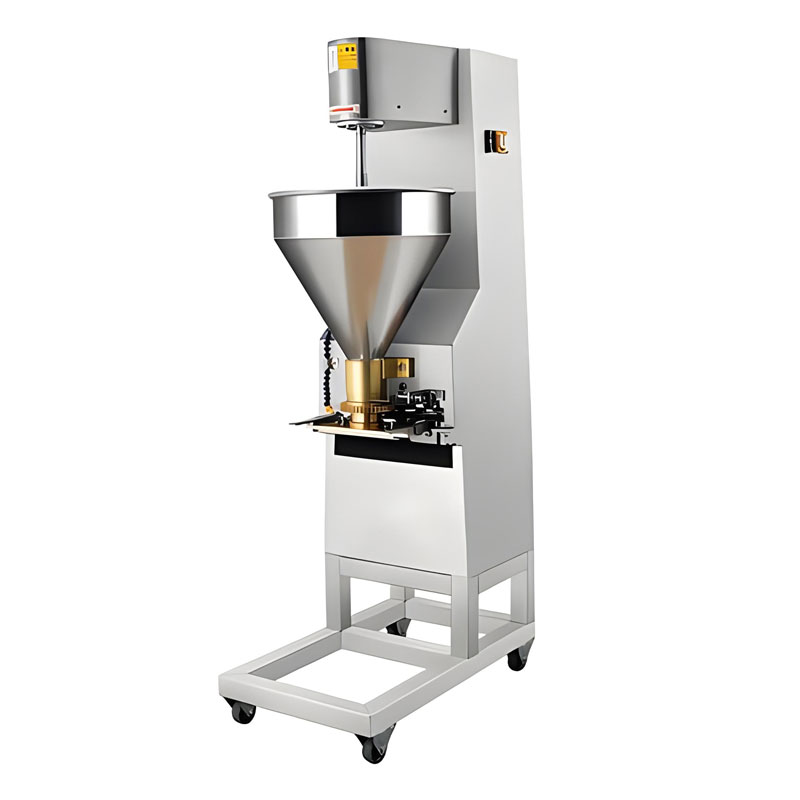




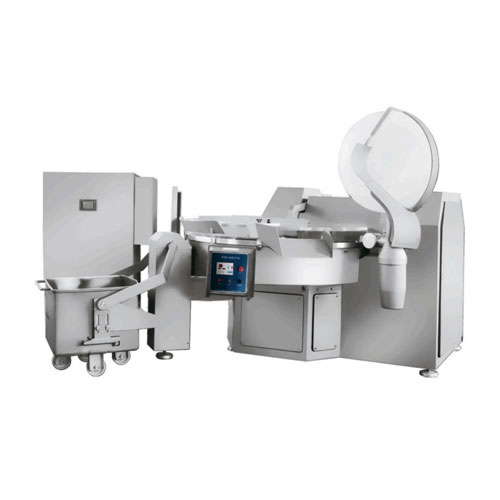

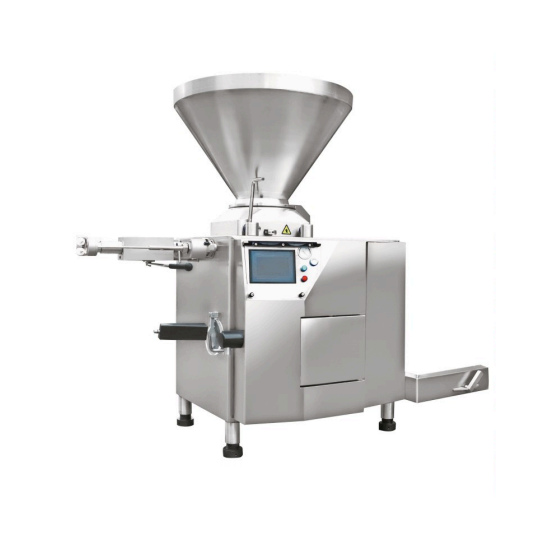


 Tomato Ketchup Processing Line
Tomato Ketchup Processing Line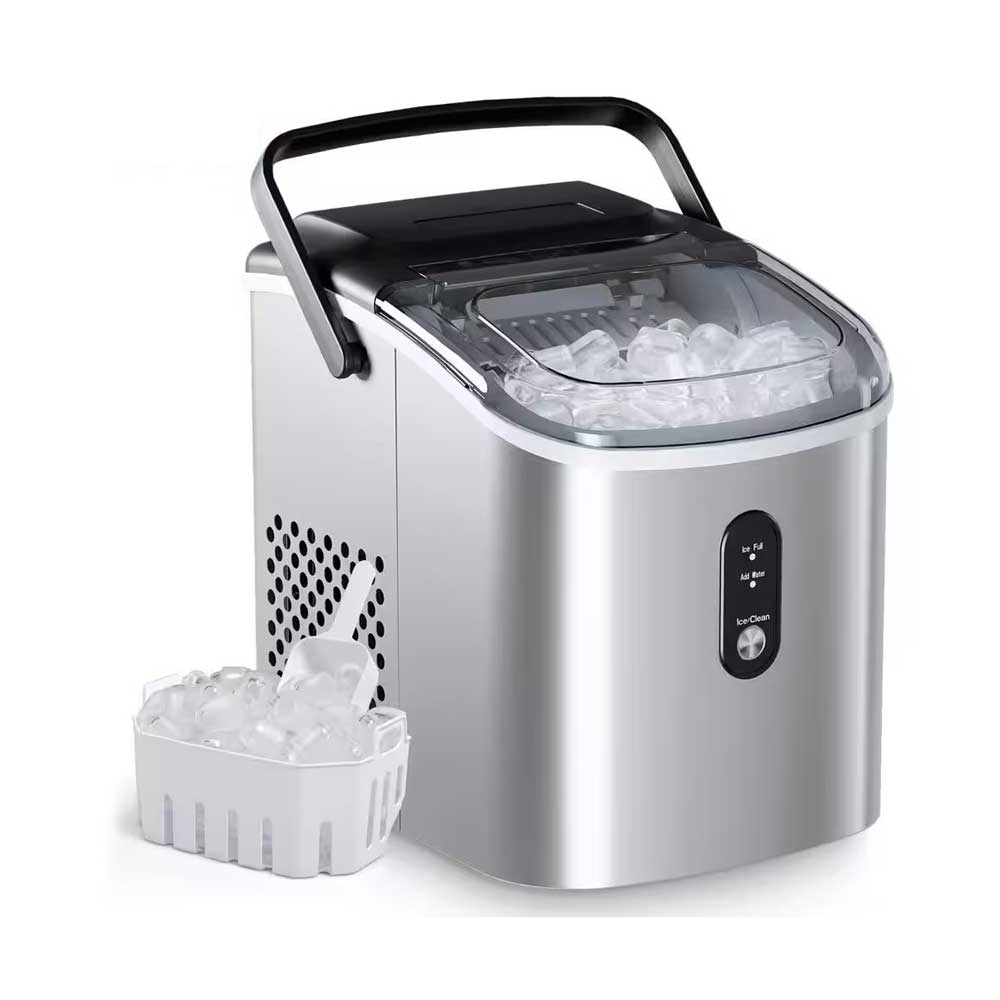 Portable Flake Ice Machine
Portable Flake Ice Machine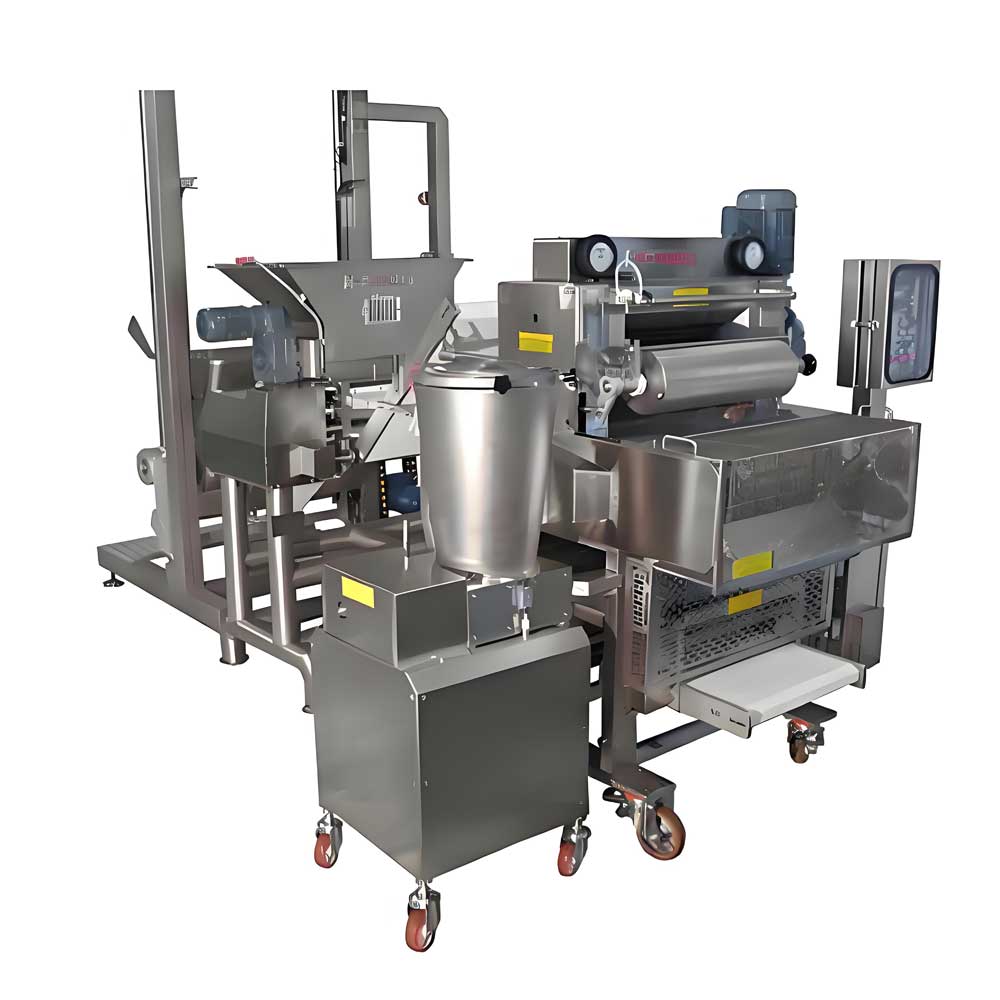 Pelmeni Making Machine
Pelmeni Making Machine
Ready to Get Started?